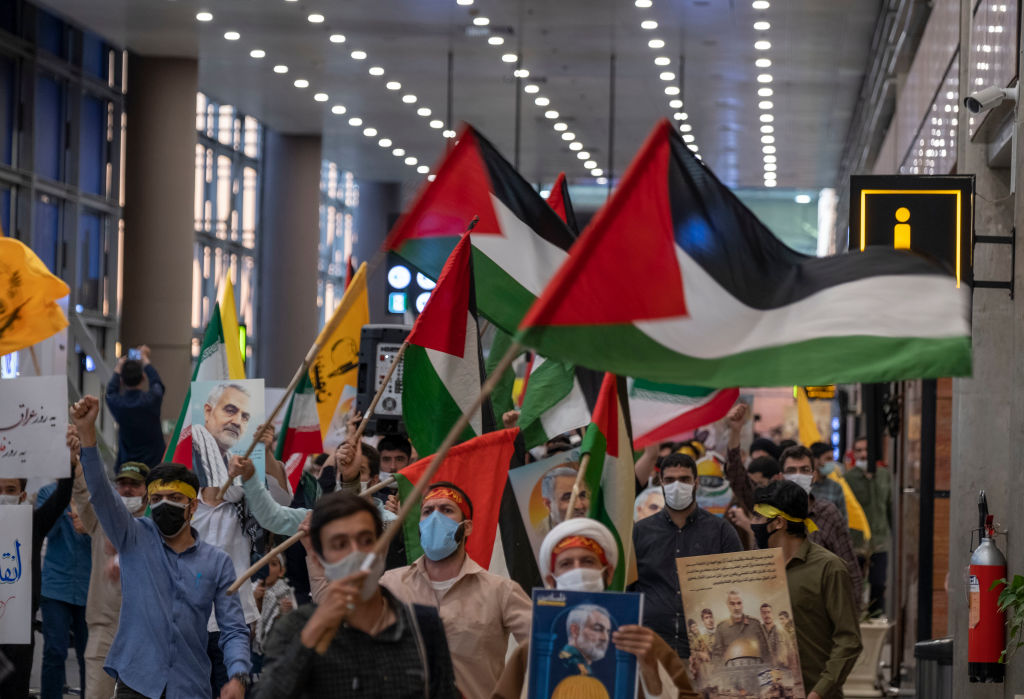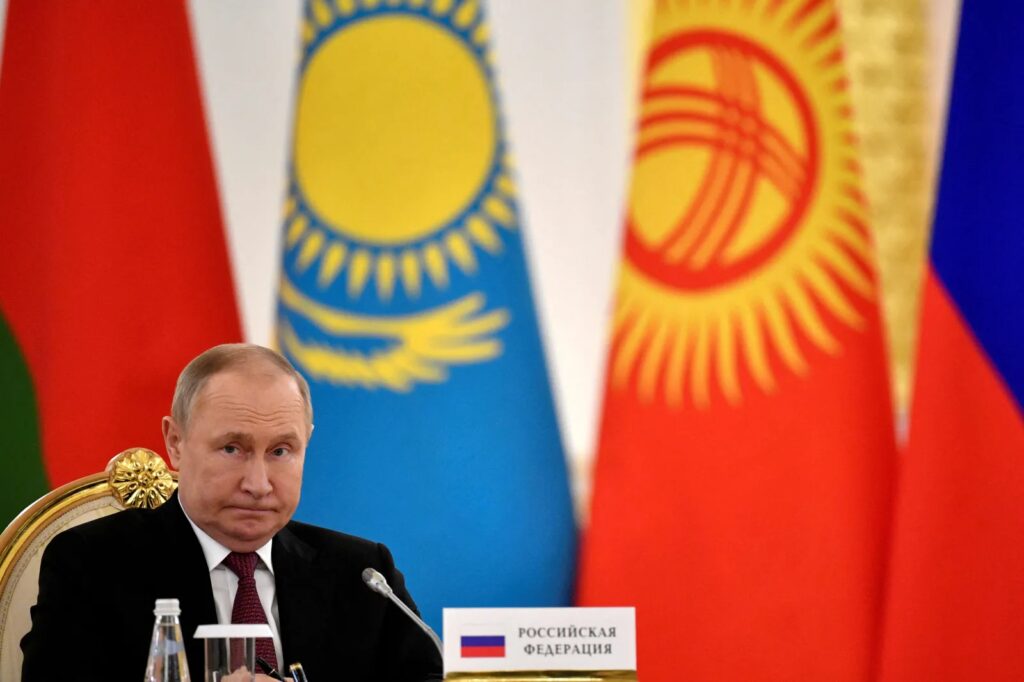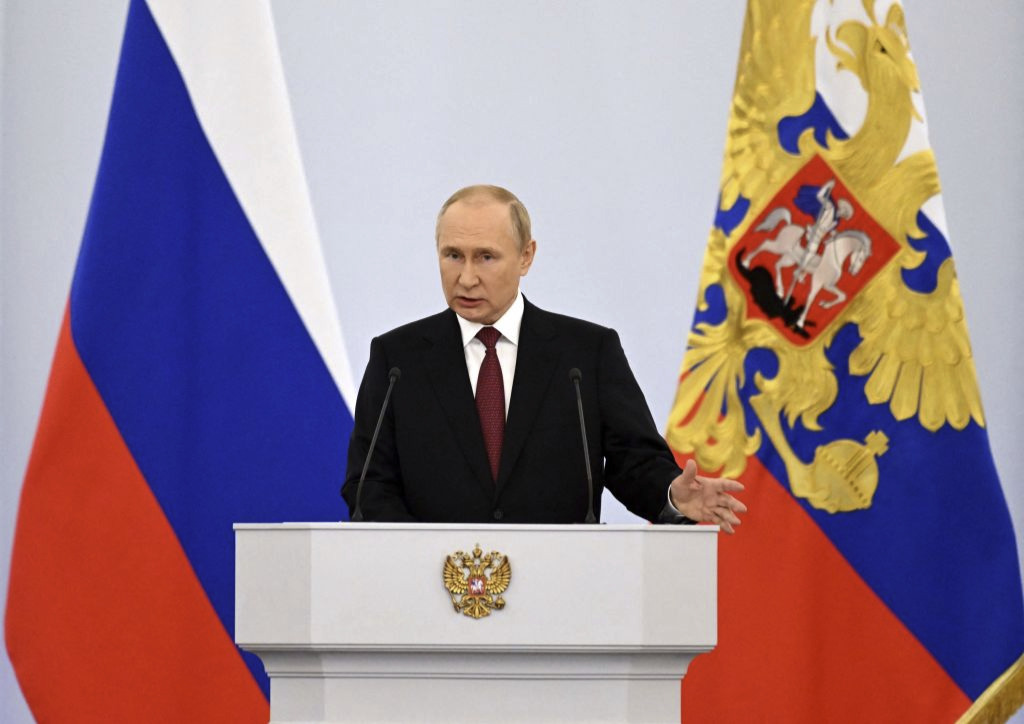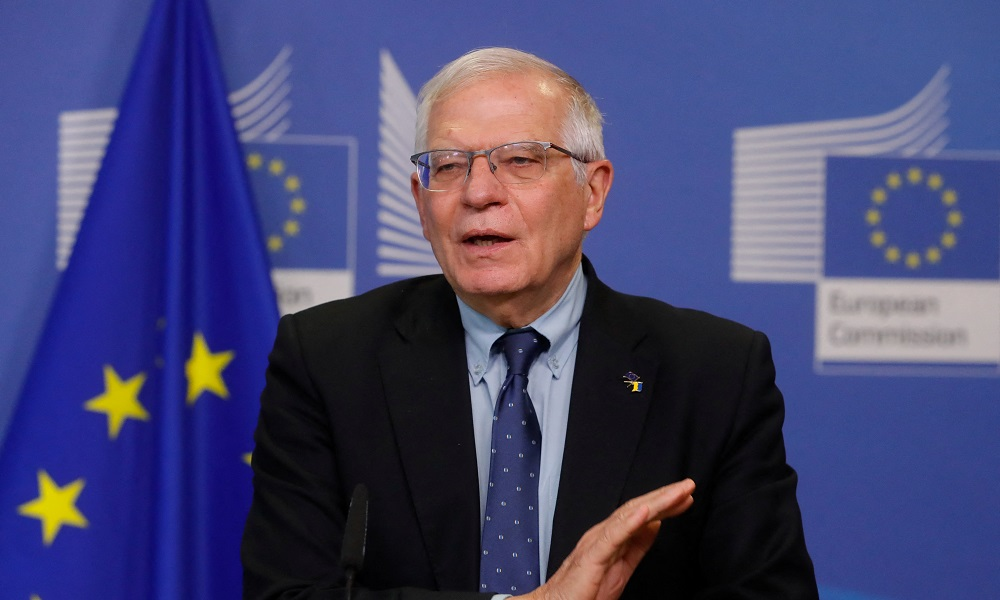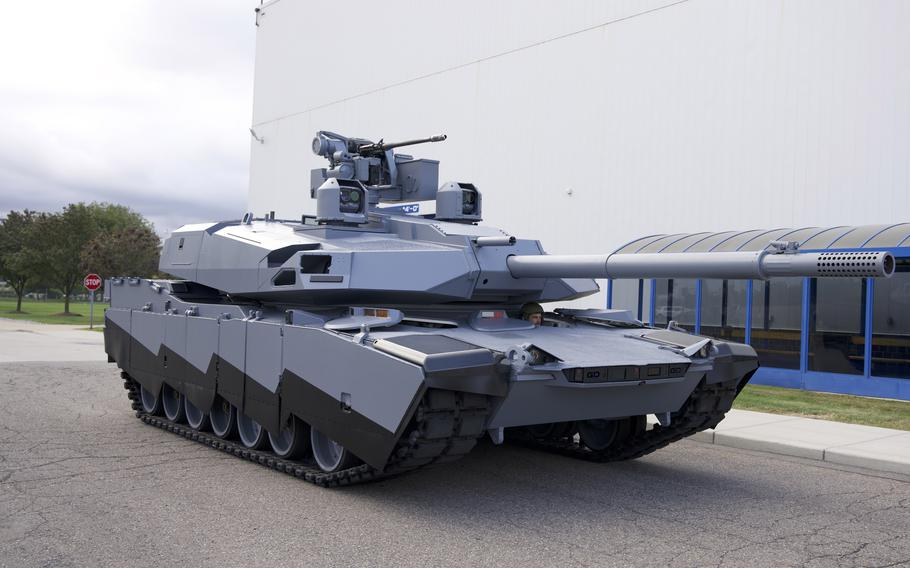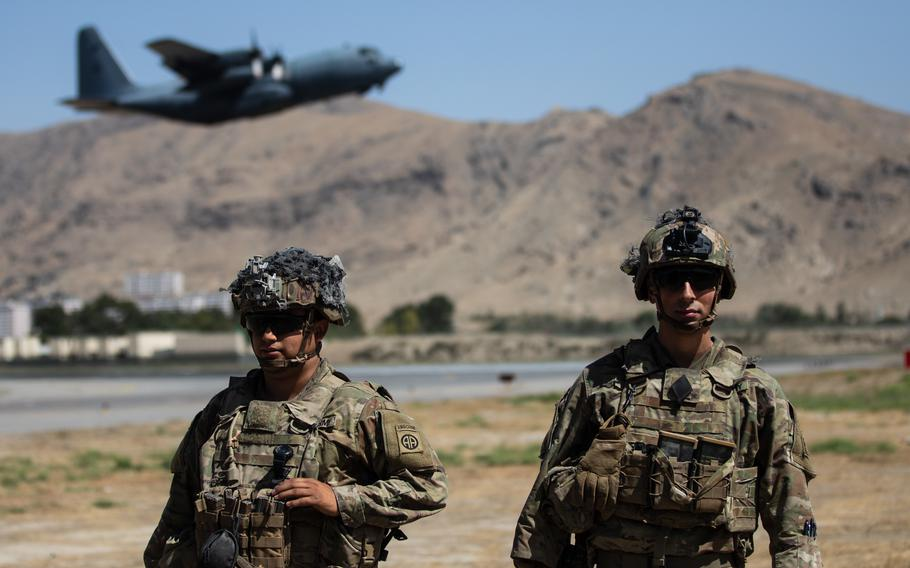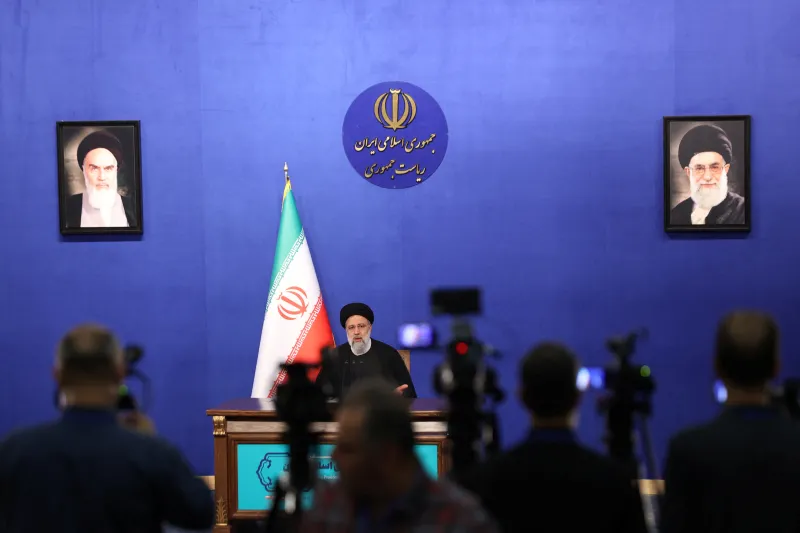Who is Sergey Surovikin, Russia’s new commander in Ukraine?
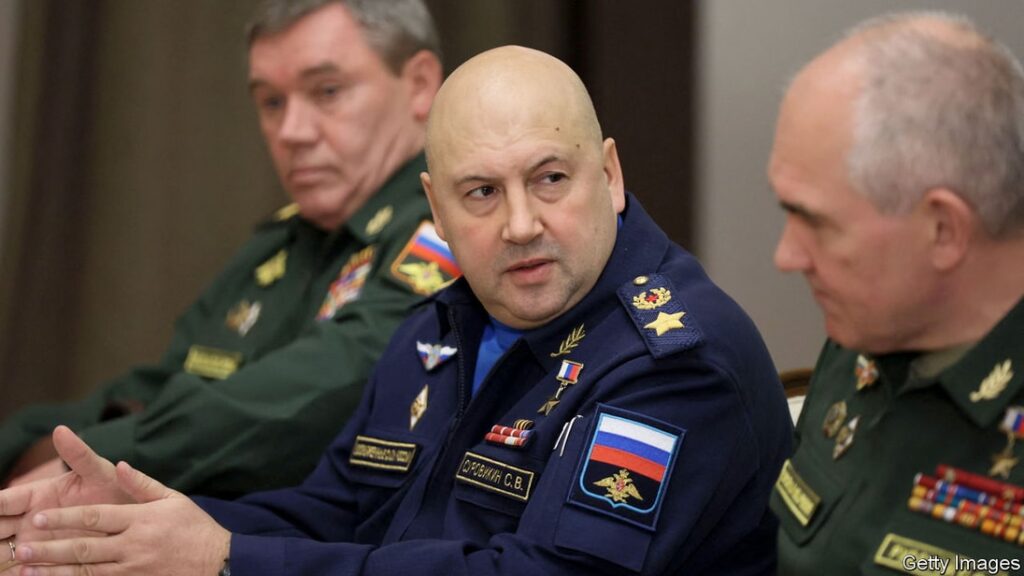
ON OCTOBER 10th more than 300 towns and cities across Ukraine were hit with the largest Russian air bombardment since the early days of the war. It was a suitably grisly way of marking the promotion of Sergei Surovikin, Russia’s new overall commander in Ukraine. Nicknamed “General Armageddon” by his colleagues, he has a fearsome reputation hardened over decades. General Surovikin is believed to have directed the war for months—but his formal appointment on October 8th marks a cruel new chapter. Who is he, and what does his promotion reveal about the Russian invasion?

